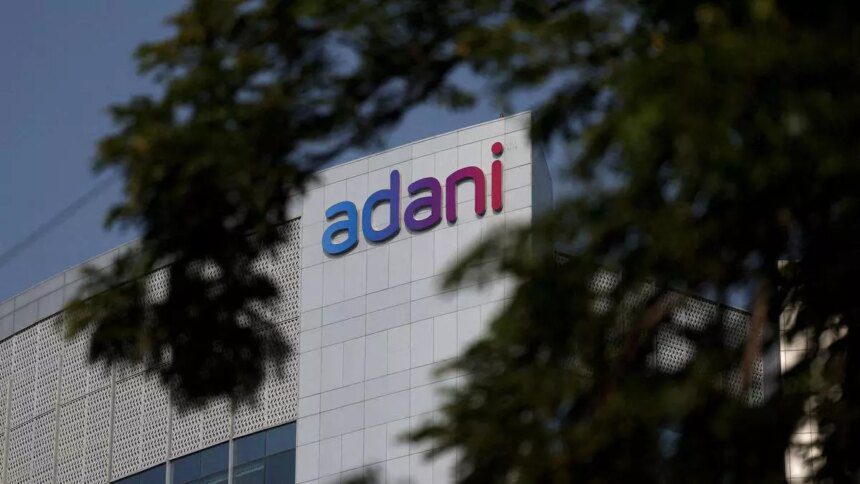Concerns are mounting over India’s stock market as a slowdown in corporate earnings deepens, putting pressure on Prime Minister Narendra Modi’s efforts to boost growth.
Major banks like Citigroup Inc. and HSBC Holdings Plc have revised profit forecasts downward following disappointing earnings from top Indian companies such as Adani Enterprises Ltd. and Tata Motors Ltd. Analysts at JM Financial Ltd. project that the NSE Nifty 50 Index will see less than 5% earnings growth this fiscal year, the slowest since the pandemic. Some experts even believe this estimate may be overly optimistic.
Adding to the challenges are uncertainties in the global landscape, particularly due to US President Donald Trump’s tariff policies which are causing fluctuations in the dollar. Despite the recent announcement of a record $11.5 billion in tax cuts by Modi’s government, there are doubts as to whether this will be sufficient to counter these headwinds and revive earnings.
The economic slowdown in India has been a key factor contributing to the dismal earnings outlook. The government has lowered its growth forecast for the fiscal year, reflecting a deceleration in the once robust growth momentum. Earnings for the last quarter are expected to show just a 4.4% year-on-year increase, marking the third consecutive quarter of single-digit growth. Out of the companies in the Nifty 50 index that have reported earnings so far, nearly half have missed estimates.
The poor earnings reports have led to stock declines for companies like Tata Motors and Maruti Suzuki India. Tata Motors, in particular, saw its shares plummet over 7% after a significant drop in net income. Adani Enterprises also experienced a more than 5% intraday drop after reporting a substantial decline in quarterly profit.
This earnings slump comes at a time when the Indian stock market is struggling to find support, with over $600 billion in market value wiped out since a peak in late September. Foreign investors have been pulling out funds, with a record streak of daily withdrawals observed in recent days.
While there are hopes that the positive effects of the tax cuts will eventually boost consumer spending and support profitability, the current sentiment remains cautious. Corporate executives continue to express concerns about weak demand, with references to a “slowdown” in earnings calls hitting the highest level since the pandemic.
Looking ahead, there is anticipation that consumer firms, which make up a significant portion of the main index, will drive earnings growth in the next fiscal year. However, uncertainties persist, and it remains to be seen how much of an impact the tax savings will have on overall earnings growth.
For now, India’s equity market remains in a challenging position, with expectations for a turnaround hinging on a combination of domestic factors and global developments.










